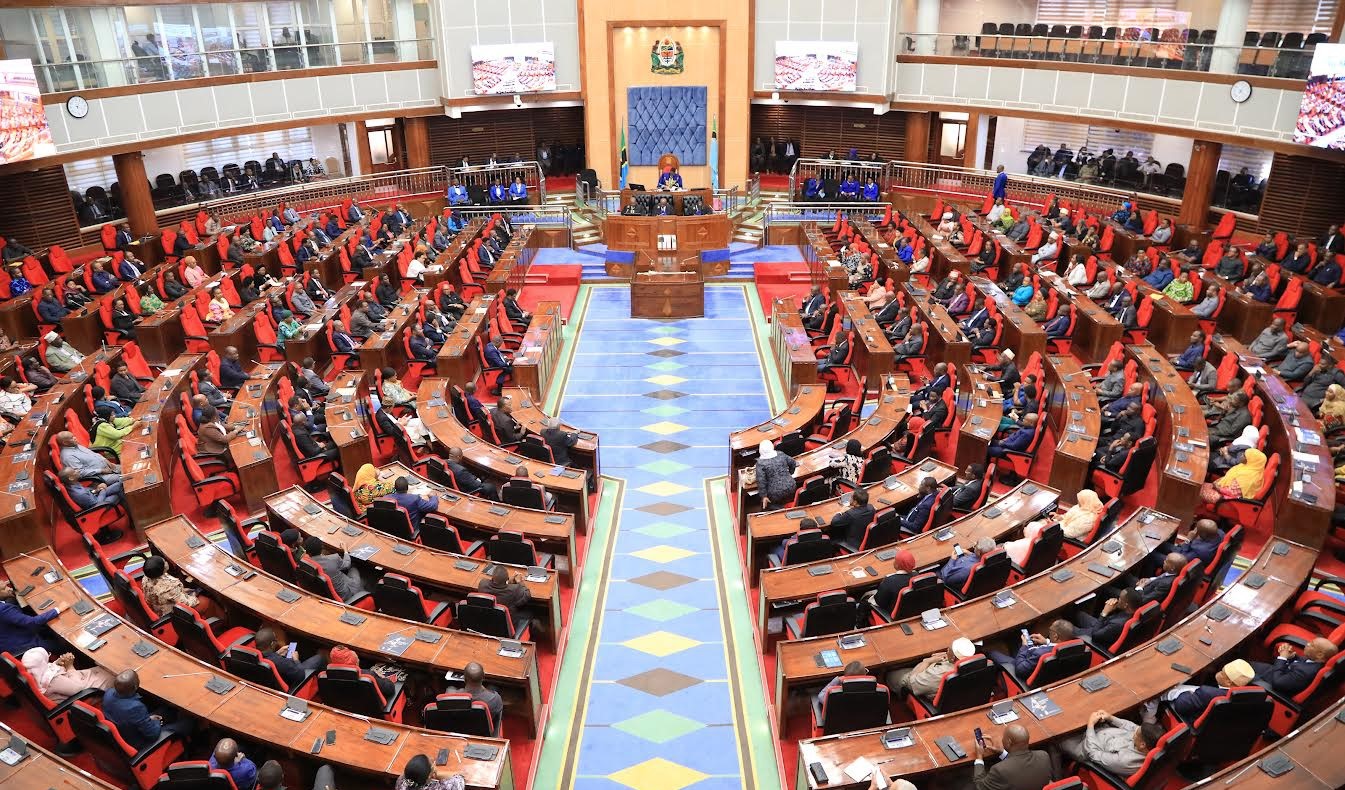Prime
Grassroots power: How members reshape Tanzania’s ruling party

What you need to know:
- Many of the successful newcomers had invested time in community outreach, earning the trust of ‘wajumbe’ long before the official nomination period began.
Dar es Salaam. The growing influence of grassroots-level voters who play a decisive role in nominating political candidates, popularily known as wajumbe within the ruling Chama Cha Mapinduzi (CCM), has gradually but firmly reshaped the party’s internal political culture.
Although this system of internal vetting by ‘wajumbe’ has long existed, it was the 2015 General Election that thrust it into the national spotlight.
That year, the nomination process shook the party to its core, as influential figures, including the late former Prime Minister Edward Lowassa excluded from presidential contention.
For many, it was a sign that the party was no longer run by the elite alone, but that ordinary members at the grassroots held real sway.
This realisation has since transformed the way internal campaigns are conducted within CCM. The process has become more restrained, more localised and to some extent, more democratic.
For decades, CCM’s nomination culture was viewed by many as being heavily influenced by proximity to the party’s top leadership or financial might.
Candidates who were well-known nationally often leveraged their profiles, connections, or personal wealth to gain advantage. But the 2015 outcome marked a turning point.
The widespread attention on ‘wajumbe’ in that election cycle prompted a shift in mindset. It became clear that these local delegates, many of whom are little-known outside their wards or branches, were not merely symbolic participants but key decision-makers.
Since then, aspirants have had to adapt. Many have traded national spectacle for neighbourhood dialogue, and flamboyant campaigns for quiet community service. In place of flashy endorsements, there are now countless behind-the-scenes meetings in local party offices, homes, and community halls.
“Before 2015, many candidates believed popularity and money would guarantee success. But that year demonstrated that ‘wajumbe’ can defy expectations. It was a wake-up call to the party and to aspirants who underestimated the power of the grassroots,” said a political scientist from the University of Dar es Salaam, Dr Richard Mbunda.
According to Dr Mbunda, the cultural shift within CCM is evident in both the tone and form of current nomination campaigns.
He points to the ongoing lead-up to the 2025 General Election, which has so far been marked by relative calm.
“What we see today is a more disciplined nomination culture that discourages dependence on political fame or central influence. Aspirants now have to prove their worth at the local level,” he said.
This change, analysts say, has created a more inclusive and less volatile nomination environment. Whereas past cycles were often marred by tension, factionalism, and accusations of favouritism, recent seasons have been more peaceful and procedural.
A political analyst at the State University of Zanzibar (SUZA), Prof Makame Ali Ussi, said this shift has contributed significantly to the internal stability of the party.
“The new model has disrupted the old patterns where groups within the party would form around prominent individuals, leading to divisions. The focus on ‘wajumbe’ has decentralised the campaign energy. Candidates now deal with hundreds of different opinions rather than aligning with a single power broker,” he said.
The influence of ‘wajumbe’ was again on display during the 2020 nomination season, where several political veterans lost to relatively unknown challengers.
Many of the successful newcomers had invested time in community outreach, earning the trust of ‘wajumbe’ long before the official nomination period began.
This pattern is now influencing how aspirants prepare themselves politically. Party hopefuls are increasingly building long-term relationships within their local branches, knowing that ‘wajumbe’ are more likely to support those with a proven track record of grassroots involvement.
For his part, a political scientist from the University of Dodoma, Dr Paul Loisulie, said this change has discouraged political opportunism.
“It’s no longer enough to join the party a few months before the election and expect to sail through based on your fame or financial contribution. The grassroots now expect consistency and presence. They reward humility and long-term service, not showbiz,” he said.
He also noted that this shift is pushing even sitting MPs and ministers to spend more time on the ground, ensuring they remain connected to the people who will decide their political future.
According to analysts, in the past, internal campaigns within CCM were often dominated by ‘upambe’ which is a form of enthusiastic, and at times excessive, political mobilisation characterised by crowds in party colours, chants, music and branded merchandise. But this culture is rapidly fading.
A political analyst from the University of Dar es Salaam, Dr Onesmo Kyauke, said the current nomination climate reflects a maturing political environment.
“We’re seeing a withdrawal from the noise and a move toward substance. Candidates are realising that loud crowds don’t necessarily reflect actual support from wajumbe. What matters now is how well you’ve engaged behind closed doors,” he said.
According to Dr Kyauke, this doesn’t mean the electorate has disengaged—it simply means they are more focused. Door-to-door campaigns, private consultations, and policy-driven conversations are replacing open-air political theatrics.
“Aspirants now fear the people, not the central committee. That alone is a significant shift in internal accountability,” he added.
However, analysts warn that while decentralisation enhances democracy, it must be paired with robust oversight and civic education to prevent exploitation of the system.
Dr Mbunda acknowledged these concerns but insisted that the benefits outweigh the risks.
“No electoral system is perfect. What matters is how they manage the weaknesses. The decentralised model offers more transparency than a top-down system. The solution is not to retreat from wajumbe, but to strengthen the safeguards around them,” he said.




